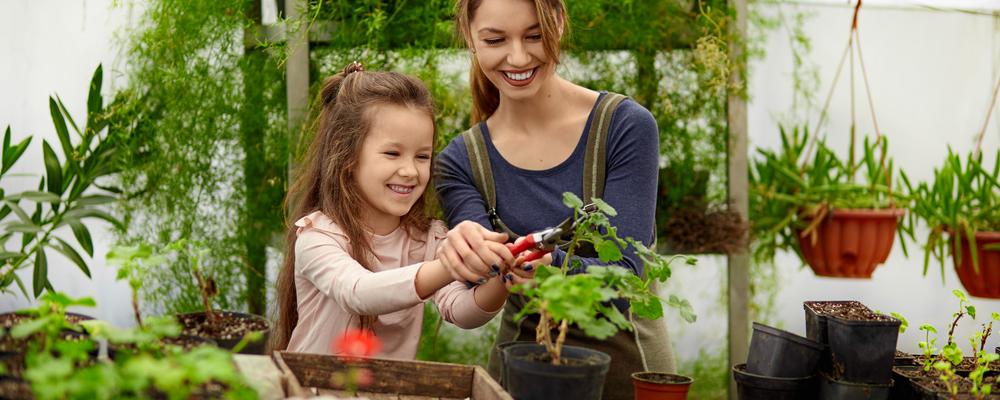
Think of our schools as nursery gardens
Mats Johnsons' latest blog entry
[Posted on 26 June, 2018 by Mats Johnson]
More and more people are seeking help for poor mental health in children and adolescents, leading to extensive wait times in child psychiatric services. What might be the cause of this mental health trend?
There might of course be a number of different causes, but among the children and adolescents who come to us at the CNC (Child neuropsychiatric clinic) for investigation, one factor is especially clear: school-related strain and stress. These children and adolescents often feel stupid, fail to reach the standardised goals, lose their self-confidence, feel marginalized, skip school, end up sitting at home or develop antisocial risk behaviours.
Elisabeth Fernell, Christopher Gillberg, Magnus Landgren, Ida Lindblad and other researchers at the GNC have mentioned in many articles how difficult it can be for children with low theoretical intelligence to reach the standardised goals, especially given the increased demands of the new curriculum (Landgren et al. 2016, Lindblad et al. 2018).
School has always focused on theoretical knowledge, and theoretical subjects dominate the curriculum. This makes it extra difficult for children with low theoretical intelligence, dyslexia, ADHD and/or autism etc. They are especially vulnerable and require a tailored teaching approach with additional educational support, not least in these subjects.
However, another very significant factor which we are constantly reminded of in our investigations, is the importance of capitalising on children’s personal interests in order to secure their functioning and well-being. They often have strong interests, things they love to do, and interest tends to be correlated if not synonymous with talent and desire. Having that sense that there is something you are truly made to do. Everyone in the child’s environment might notice that their concentration, stamina, demeanour, well-being, self-confidence – everything, really – gets better when the child is doing something that they really like. And that, in turn, promotes learning. For example, by using their preferred area of interest as a gateway, it is possible to help them improve their maths and English skills a great deal.
All our experience indicates that there is much to be gained by providing more customised education in school. Don’t overlook things like interests and talents. Students might have unexpected talents in other subjects than in traditionally theoretical ones, e.g. in practical subjects like engineering, music, art, dance, sports, etc. There are plenty of people who really blossom once they find that particular education or job that truly suits them and allows them to thrive. Schools must therefore strive to help these children find their way and provide them with opportunities for education and practical experience in many different fields.
An appropriate metaphor in this case is to imagine schools as nursery gardens. In other words, we should try to implement the same thinking in schools as we do for nursery gardens. In order to succeed when cultivating plants, one must determine the unique traits and needs of each and then provide them with individually tailored care. If they are neglected, abused or mistreated, they wither. If all of them are treated exactly the same, some of them wither. But given the right care, they can thrive and grow to become strong and healthy.
[This is a blog. The purpose of the blog is to provide information and raise awareness concerning important issues. All views and opinions expressed are those of the writer and not necessarily shared by the GNC.]